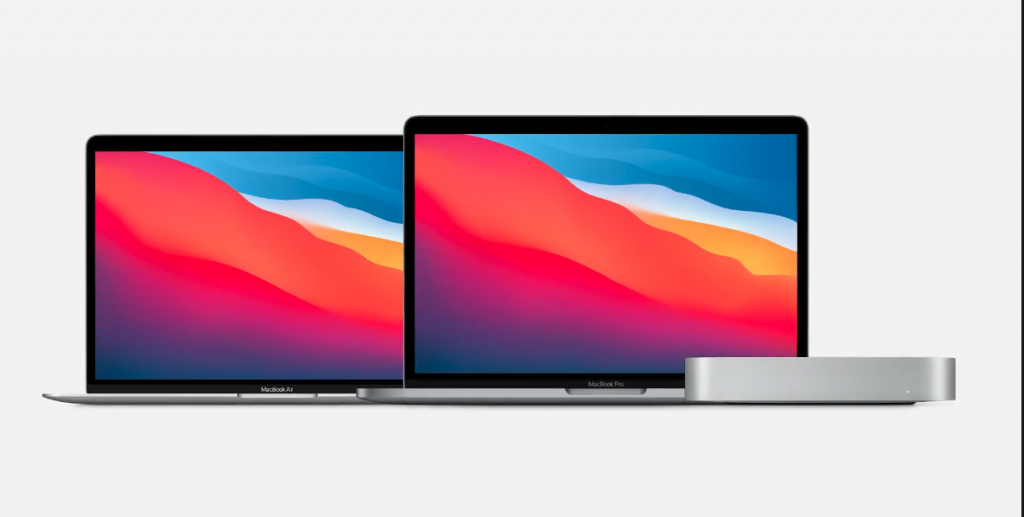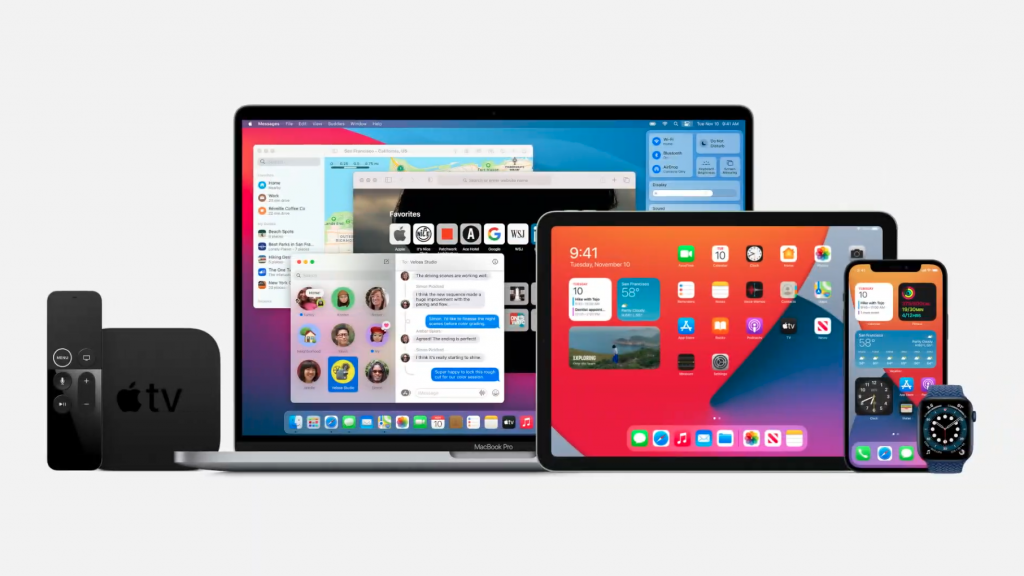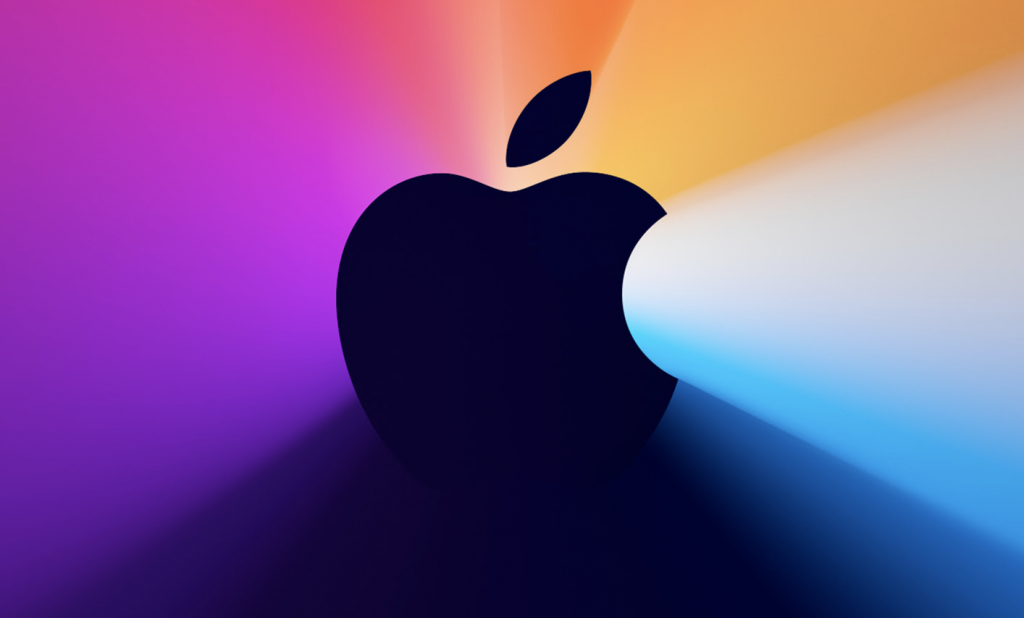This may be the crucial moment in history when the age of the desktop computer is truly replaced by the age of mobile.
On Tuesday night, without much surprise, Apple announced its new laptop line-up proudly running on its own Apple Silicon processors. The new range of M1 chips are faster, more powerful, use less electricity, and everything else promised in an Apple launch event, where hyperbole is as essential as tech specs.
Notably, the M1 processors are based on the mobile chips that power the iPhone and iPad ranges. For a long time, it’s been unfolding before our eyes that mobile is eating the world. This industry adage aptly describes how the new technologies (wireless broadband, portability, more powerful smartphones and apps) have usurped the older, traditional ones (desktop computers, dial-up and ADSL). Spawned by the desktop era of Intel chips powering Windows computers, mobile is now dominated by Qualcomm chips, based on the mobile ARM architecture, and Google’s Android software. Microsoft canned its hardware ambitions, even after buying Nokia, and has focused on its cloud, gaming and apps businesses. And Apple, the mighty serial pioneer, has ditched Intel.
There is a much more powerful backdrop to this seismic change in the computer industry, as Intel itself is struggling to compete in the semiconductor space.
The shock announcement in June that Apple was abandoning Intel’s chips sent the chipmaker’s shares plummeting. This was exacerbated by Intel’s own revelations that it might outsource manufacturing to third-party factories. Intel, the great beast at the heart of the desktop PC revolution, is a largely spent force.
But it wasn’t so when Steve Jobs returned as CEO in 1998. One of the most strategic things he did was switch to Intel in 2005.

It was a masterstroke. Apple’s biggest problem back then was a lack of software programs, as they were known before the iPhone turned everything into just plain “app”. Processors are the brains of the computer, and have a very particular architecture. The Intel chips used by Windows computers in the early 2000s were vastly different to those used by Apple. They proved a barrier to entry for developers because Apple’s 5% of global market share didn’t justify the development. But Job’s switch to Intel chips reduced the workload for developers to convert their software to run on Mac operating systems.
It very quickly ramped up the programs available for the Macs, at the time Jobs had reinvented the company as a media hub with the iPod and iTunes. It gave a fresh lease on life to the original product line that made Apple what it is today, the first Trillion Dollar and first Two Trillion Dollar company in the world.
Meanwhile, poor Intel. Rarely are the kings of one era the kings of the next.
But Apple, that wily Prince Lancelot, has expertly managed its transitions between the power players of these eras, including the personal computer age it created itself.
And now, off the back of the device that it unveiled in 2007 and which has propelled its stratospheric profits and share surges, it is reinventing that PC again. This time with its own chips.
There are immediate advantages for Apple. The most pressing, and which caused the break-up of the 15-year Intel relationship, was the slow pace of Intel’s multiyear chip production process. Apple has been churning out a new processor every year since it began using its own silicon, which was initially made by Samsung. Now it can bring that pace to its original computer range, starting with the new MacBook Air, Pro and Mac Mini announced this week.

Additionally, and in a cruel ironic twist, it means an instant, and massive, install base of available apps: Because everything that can run on an iPhone (which uses iOS) and the new iPad Pros (iPadOS) will now work on the new M1-running Macs and the new Big Sur operating system (MacOS).
It is a clever consolidation of the various ranges of technology Apple uses, which all tie very neatly back into its expanded services offerings. These include the App Store, iTunes, the new Arcade gaming subscription services and Apple TV; as well as a combination using Apple One group subscription. Such offerings, including paying for iCloud hosting, is pushing up this service revenue, which is growing at a healthy click.
Sounds a little like Amazon Prime, but without the free delivery.
By offering compelling content (from its own TV shows to music), apps and gaming, Apple is trying to keep its users consuming inside its walled garden. In Apple’s case, this garden comes with its own hardware.
It is ultimately a further sign that mobile is eating the world. Perhaps, even, ate the world.




